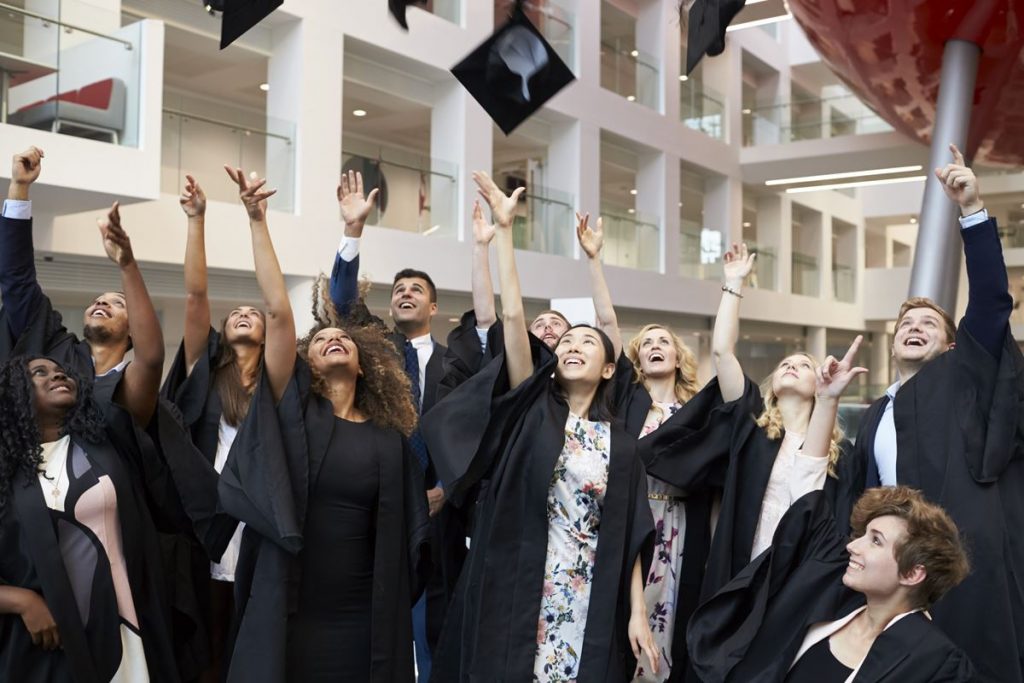Study abroad to internationalise yourself and develop your career
Giles Brooker Group believes that international experience is deeply rewarding both for personal growth and for career development.
We encourage and support international study experiences for students and young professionals from the countries we work with.
- Indians to New Zealand, Indonesia, Singapore, Vietnam, Australia, Canada
- New Zealanders to India and ASEAN
- ASEAN students to India, New Zealand, Australia and Canada
How international experience can help your career
A recent US research report “Gaining an Employment Edge: The Impact of Study Abroad on 21st Century Skills & Career Prospects, found that studying abroad
- has an overall positive impact on the development of a wide range of job skills,
- expands career possibilities, and
- has a long-term impact on career progression and promotion.
More than half of survey respondents believe that study abroad helped them get a job, and longer-term study abroad experiences had a higher impact on subsequent job offers.
Others believed that study abroad was useful to their careers, particularly as they were promoted to management-level positions where communication, interpersonal skills, and the ability to understand and work with difference were key criteria for promotion.

Human skills
The research identified 15 soft and hard skills rated as most desired by 21st century employers.
The top five skills were the human skills – intercultural skills, curiosity, flexibility/adaptability, confidence, and self-awareness.
More than 70% of respondents saying their study abroad experience contributed to a significant degree of improvement in these skills.
In addition, more than 50% noted significant gains in interpersonal and problem-solving skills. To a lesser degree, teamwork, leadership and work ethic were skills that were also reportedly improved through study abroad.
Transferable skills such as “adaptability, emotional intelligence, the ability to listen, and language skills gained through study abroad” are integral to the future of the global workforce, according to Gina Tesla, Vice President, IBM Corporate Citizenship. “These days, all employees are brand ambassadors. Knowing how to be sensitive to other cultures, and to learn from others, is essential. They need to be savvy enough to articulate the values of our company to others.”
The World Economic Forum identified that, in the near future, ‘human skills’ will become increasingly important. Many of these skills will be developed and enhanced by time in another culture/context.
- Creative problem solving tops the list of most essential skills in 2020. The ability to look at problems from different perspectives and come up with effective solutions.
- Making sense of huge amounts of data – developing and applying a deep sense of critical thinking and creativity.
- Making human connections at work. Adapting to different environments and contexts, collaborating with others
- Self-awareness or knowing what you feel and managing your emotions is also a top requirement in the future, especially for leadership and managerial positions.
Where to go and what to do
STEM graduates gained significant soft skills outside of their subject during study abroad, and it had a positive effect on their career.
Among science majors that went on a program outside of the sciences, 47% reported their study abroad contributed to a job offer, whereas among those who went on a science focused experience, only 28% reported it did so.
Everyone’s doing it
Travel and study abroad can present opportunities for
- experiencing new cultures and learning new cultural skills
- having new experiences and learning about different ways of being,
- learning new languages and ways of communicating,
- career development,
- forming new friendships.
Nearly 4.3 million students are enrolled in university-level education outside their home country. Asian students represent 53% of foreign students enrolled worldwide.
The world’s international student population is increasing by about 12% each year


